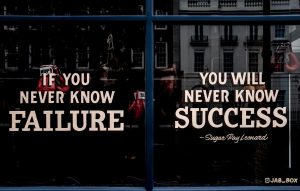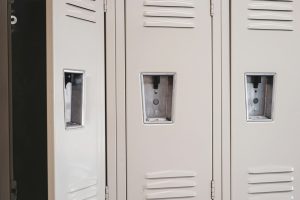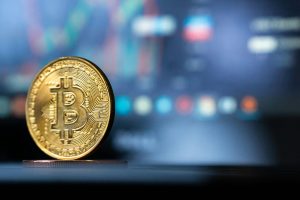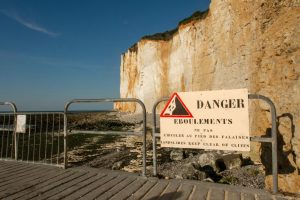Why Experiential Learning Trumps Traditional Classroom Methodologies
Education is a constantly evolving field, with new methodologies and techniques being introduced every day. While traditional classroom learning has been the cornerstone of education for centuries, experiential learning has gained a lot of attention and has been hailed as the future of education. Experiential learning focuses on hands-on, immersive experiences that go beyond the traditional classroom setting. In this article, we will delve into the reasons why experiential learning is quickly gaining popularity and why it trumps traditional classroom methodologies.
What is Experiential Learning?
Experiential learning is an approach to education that involves learning through experiences. This type of learning is highly interactive, engaging, and immersive, designed to provide students with real-world experience and practical knowledge. It is a departure from traditional classroom learning, which primarily focuses on theoretical knowledge and memorization.
The Flaws of Traditional Classroom Methodologies
Passive Learning
The traditional classroom setting typically involves a teacher delivering lectures to their students, who are expected to listen and take notes. This passive form of learning lacks engagement and fails to stimulate critical thinking and problem-solving skills in students. As a result, students often struggle to apply the knowledge they acquire in real-world situations.
One-Size-Fits-All Approach
In a traditional classroom setting, all students are expected to learn at the same pace, regardless of their individual abilities and learning styles. This one-size-fits-all approach can be frustrating for students who may feel like they are falling behind or not being challenged enough. It also fails to cater to students who are more hands-on learners.
Limited Real-World Application
As mentioned earlier, traditional classroom learning primarily focuses on theoretical knowledge, with limited real-world applications. This creates a disconnect between what students learn in the classroom and what they encounter in the real world. It also fails to prepare students for the challenges of the modern workforce, where practical skills are highly valued.
The Benefits of Experiential Learning
Active Learning
Experiential learning is based on the belief that learning is most effective when it involves actively engaging with the subject matter. This approach allows students to learn by doing, which not only makes the learning process more fun and engaging but also helps students develop critical thinking, problem-solving, and decision-making skills.
Personalized Learning
Experiential learning enables teachers to customize the learning experience for each student based on their individual abilities and learning styles. This approach recognizes that not all students learn at the same pace and cater to students who are more hands-on learners. As a result, students are more likely to be engaged and motivated to learn.
Real-World Application
Experiential learning provides students with immersive and hands-on experiences that bridge the gap between the classroom and the real world. By applying the knowledge they acquire in a practical setting, students gain a deeper understanding of the subject matter and learn how to adapt and use their knowledge in various real-world situations.
The Future of Education
The landscape of education is rapidly changing, and experiential learning is at the forefront of this change. It addresses the limitations of traditional classroom methodologies and provides students with the skills they need to succeed in the modern workforce. As industries become more complex, the demand for employees with practical skills and real-world experience will continue to increase.
In conclusion, experiential learning is quickly gaining popularity and for good reason. It is a highly effective approach to education that engages students in active learning and prepares them for the real world. As we continue to move towards a more hands-on and practical approach to education, it is evident that experiential learning will continue to rise and trump traditional classroom methodologies.











